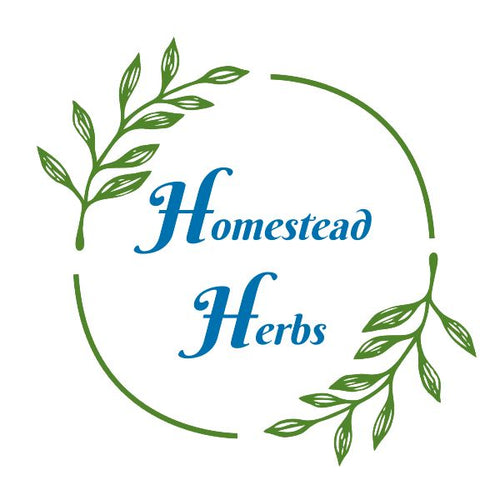🌿 What Is a Herbal Tincture? A Beginner’s Guide
If you’ve ever browsed natural remedies or visited an herbal shop, you’ve probably come across little glass bottles labeled herbal tincture or herbal extract. But what exactly are they, and how do you use them?
Whether you're completely new to herbalism or just curious about adding more natural support to your daily wellness routine, this beginner’s guide breaks it all down—simple, practical, and plant-powered.
🌱 What Is a Herbal Tincture?
A herbal tincture is a concentrated liquid extract made by soaking herbs in alcohol or another solvent (like glycerin) to pull out the beneficial compounds from the plant. The end result is a powerful, shelf-stable liquid that captures the essence of the herb in a form that’s easy to take and fast-acting.
Tinctures are one of the most ancient and effective ways to use herbs for health and wellness. They can be taken directly under the tongue, added to water or tea, or even used topically in some cases (depending on the herb).
🌿 What’s the Difference Between a Tincture and a Herbal Extract?
The terms herbal tincture and herbal extract are often used interchangeably, but here’s a quick distinction:
-
Herbal Tincture – Traditionally refers to extracts made with alcohol.
-
Herbal Extract – A broader term that can include tinctures, glycerites (made with glycerin), or even vinegar-based infusions.
Both offer the benefits of the plant in a potent, easy-to-use form. At Homestead Herbs LLC, we focus on gluten-free alcohol-based tinctures for maximum effectiveness and shelf life.
🌸 Why Use a Herbal Tincture?
Tinctures are loved by herbalists and wellness seekers for lots of reasons:
-
Fast Absorption – Especially when taken under the tongue.
-
Long Shelf Life – Alcohol preserves the herbs for years.
-
Convenience – Just a few drops can do the trick.
-
Customizable – You can blend herbs together for targeted support.
People use tinctures for everything from digestion and immune support to stress, sleep, hormonal balance, pain relief, and more. (Just remember: benefits are potential and not guaranteed, as per herbal supplement regulations.)
🌼 How to Take a Tincture
Start small—usually 1-2 dropperfuls (about 30-60 drops) diluted in water, tea, or juice. You can also place it under your tongue for faster absorption.
Frequency depends on your body and the herb, so pay attention to how you feel and consult a qualified herbalist or practitioner if you’re unsure.
🍃 Ready to Try One?
We make small-batch, gluten-free herbal tinctures using only organic or wildcrafted herbs and high-quality alcohol. Each formula is handcrafted with care to support your journey toward natural wellness.
👉 Explore our full collection of herbal extracts at Homestead Herbs LLC
⚠️ Disclaimer
This blog is for informational and educational purposes only and is not intended to diagnose, treat, cure, or prevent any disease. Statements regarding herbal tinctures and their potential benefits have not been evaluated by the FDA. Individual results may vary. Always consult with a qualified healthcare professional before beginning any new herbal remedy or supplement.

